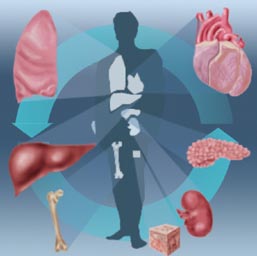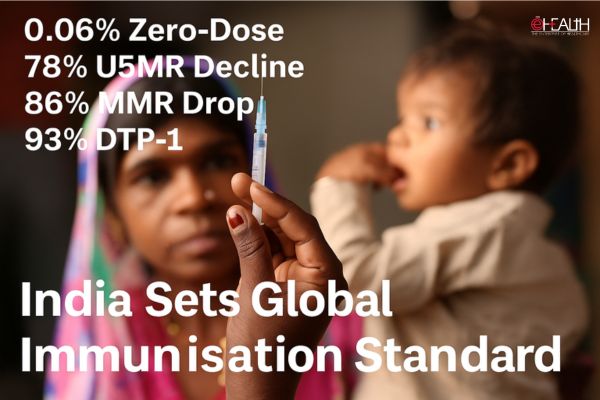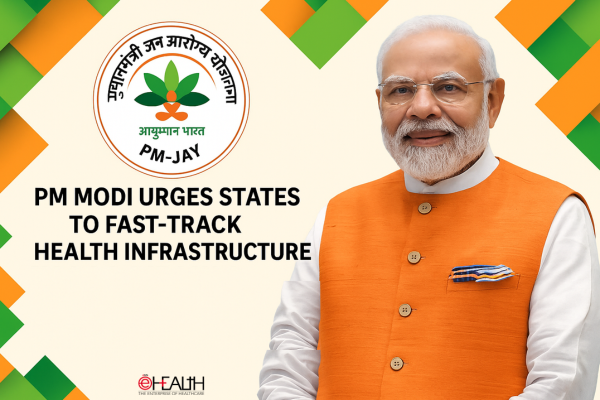
Finding a donor match is difficult to begin with. In India, this challenge is compounded lack of awareness.
When Indian science minister Vilasrao Deshmukh passed away last month, the head of the Chennai hospital where he was treated said he may have survived, had he had a liver transplant.

 That a government minister failed to secure a liver transplant on time underscores the flaws in Indias organ-donation system.
That a government minister failed to secure a liver transplant on time underscores the flaws in Indias organ-donation system.

In a country where 200,000 people need a new kidney every year and 100,000 need a new liver, only 2 percent to 3 percent of the demand for new organs is met, says Sunil Shroff, managing trustee of the Mohan Foundation, a non-governmental organization that focuses on organ donation.

Finding a donor match is difficult to begin with. In India, this challenge is compounded by bureaucratic hurdles and lack of awareness.

Under Indian law, for instance, its relatively easy for close relatives to donate an organ, or part of it, to a family member in need.
There is also a preliminary draft to frame rules for organ donation under discussion, said Anil Kumar, chief medical officer at the ministry of health and family welfare.
According to existing rules, if the potential donor is not related to the person who needs the organ, the transplant needs to be approved by a state-level committee or by a hospital committee that includes government officials. This, explains Dr. Huilgol, can cause unnecessary delays.
Other organs used in transplants are donated from people who are brain dead. Known as deceased organ donation, this requires the approval of the donors next of kin.
There are some signs that the government is trying to improve mechanisms for organ donation. In cities like Mumbai, Chandigarh and Bangalore local governments are planning to have driving licenses double as donor cards.
While getting a larger number of people to say whether they are in favor of donating their organs in case of accident would likely increase the number of organs available for donation, since the next of kin have the final say on the matter.
Here, the main problem is awareness, say doctors.
The first challenge is that it is often difficult for family members to accept their loved one is brain dead. On a life support system, the person looks like he/she is sleeping. The body is warm to touch and the heart is beating, says Dr. Huilgol. This makes it difficult for doctors to convince the family members to donate the organs of their relative.
Even if the family is ready to donate organs, religious superstitions become impediments. In one case, Sankaran Sundar, chief nephrologist, or kidney doctor, at Bangalores Columbia Asia Hospital, recalls that a family refused to donate a kidney from a brain dead relative on a particular day because it was new moon day (Amavasya), which they considered inauspicious. Preserving the kidney till the next day would have been difficult, but the doctors couldnt convince the family to budge and the donation did not take place.
To increase the number of organs available for transplant, there is another option: incentivize donations by paying donors. Indian law does not allow this.
There are ethical issues involved here. The kind of people who are willing to donate an organ, often do so out of poverty. And while donating an organ would not put their lives at risk, in the long run it puts a strain on their health.
Not everyone is against this possibility. It isnt wrong to alleviate the poverty of someone who is donating, says Dr. Huilgol.
Dr. Sundar of Columbia Asia Hospital says paying a willing donor for their organ should not be confused with the illegal trade of organs. This practice is alarmingly common in India, as the book The Red Market recently revealed.
To make the practice more transparent, Dr. Sundar says the government should amend the law to remove existing ambiguities. He suggests laying down specific criteria for payment, perhaps spelling out fixed amounts.
Singapore is an example of a country that has made paying donors for their organs legal, where the government set up a national registry for the long-term follow-up of living donors and providing them with some health insurance.
But such state-sponsored support mechanisms for organ donors seem a long way away in India. In a country where only 1% of gross domestic product is invested in health care, there is no way it can allocate money for organ donation, says Dr. Huilgol says.
Another problem is that there are too few surgeons and hospitals equipped for transplants. Ventilators for preserving the organs of a brain dead person and intensive-care unit personnel trained to manage such situations are prerequisites for a transplant, doctors.
The private hospitals are still well equipped, says Dr. Shroff of the Mohan Foundation but government hospitals are not well geared.
Be a part of Elets Collaborative Initiatives. Join Us for Upcoming Events and explore business opportunities. Like us on Facebook , connect with us on LinkedIn and follow us on Twitter , Instagram.
"Exciting news! Elets technomedia is now on WhatsApp Channels Subscribe today by clicking the link and stay updated with the latest insights!" Click here!
















